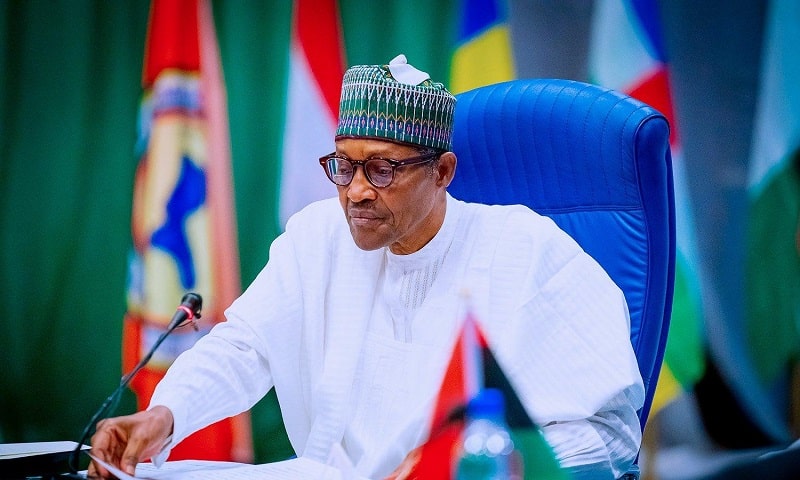Former Nigerian President Muhammadu Buhari, GCFR, has died.
The announcement was made in a terse statement signed by his longtime media aide, Garba Shehu, confirming that the former military ruler and two-term democratically elected leader passed away this afternoon in a clinic in London, United Kingdom.
“Inna lillahi wa inna ilaihirrajiuun! The family of the former president has announced the passing on of the former president, Muhammadu Buhari, GCFR, this afternoon in a clinic in London. May Allah accept him in Aljannatul Firdaus, Amin.”
— Garba Shehu, July 13, 2025.
Buhari, aged 82, was Nigeria’s military Head of State from 1983 to 1985 and later returned to power through the ballot box in 2015, defeating an incumbent, an unprecedented feat in Nigeria’s democratic history.
From Junta to Democrat
Born on December 17, 1942, in Daura, Katsina State, Buhari first shot to national prominence as a no-nonsense general who led Nigeria’s military regime after the overthrow of President Shehu Shagari in December 1983. His brief but iron-fisted rule (1983–1985) was marked by a campaign against indiscipline, economic austerity, mass arrests of corrupt politicians, and restrictions on press freedom.
He was overthrown in a palace coup by Gen. Ibrahim Babangida in August 1985 and faded from the political scene, until 2003, when he launched his first presidential bid under the defunct ANPP.
After three failed attempts, Buhari rode a wave of anti-incumbency sentiment and mass support in 2015 to win the presidency under the All Progressives Congress (APC), marking a historic democratic transition.
Civilian Presidency: Change and Controversy
Buhari’s second coming was built on promises of fighting corruption, securing the nation, and rebuilding a battered economy. However, his legacy as a civilian president remains deeply polarized.
While supporters laud his infrastructural strides, completion of rail lines, highways, and social investment programs like N-Power and Tradermoni, critics point to worsening insecurity, allegations of nepotism, and sluggish economic growth during his tenure.
Under his watch, Nigeria battled a recession twice (2016 and 2020), inflation surged, and youth unemployment spiked. The country also experienced the largest wave of migration of its professionals under the now infamous “japa” trend.
His critics also cite selective anti-corruption prosecutions, the controversial suspension of the Chief Justice of Nigeria, Walter Onnoghen, the banning of Twitter, and the Lekki Tollgate #EndSARS crackdown in 2020 as low points that stained his democratic credentials.
Yet, he was praised for approving key projects such as the Second Niger Bridge, Abuja-Kaduna rail line, and long-delayed reforms in the oil sector with the passage of the Petroleum Industry Act (PIA).
A Stoic Exit
Buhari handed over to his successor, Bola Ahmed Tinubu, in May 2023, and withdrew from public life, retiring to Daura before reportedly relocating to the UK for medical reasons in mid-2024.
His death ends a tumultuous chapter in Nigeria’s leadership history, of a man who came twice, once with the force of arms and again with the force of votes, leaving behind a legacy still fiercely debated.
Details about burial arrangements are yet to be announced, although sources suggest he will be laid to rest in accordance with Islamic rites.
This is a developing story.
For advert placement and inquiries, publication of press releases, and news coverages, please call: Phone: 08052898434 Email: editor@eyereporters.com, click here to view the advert rates.



